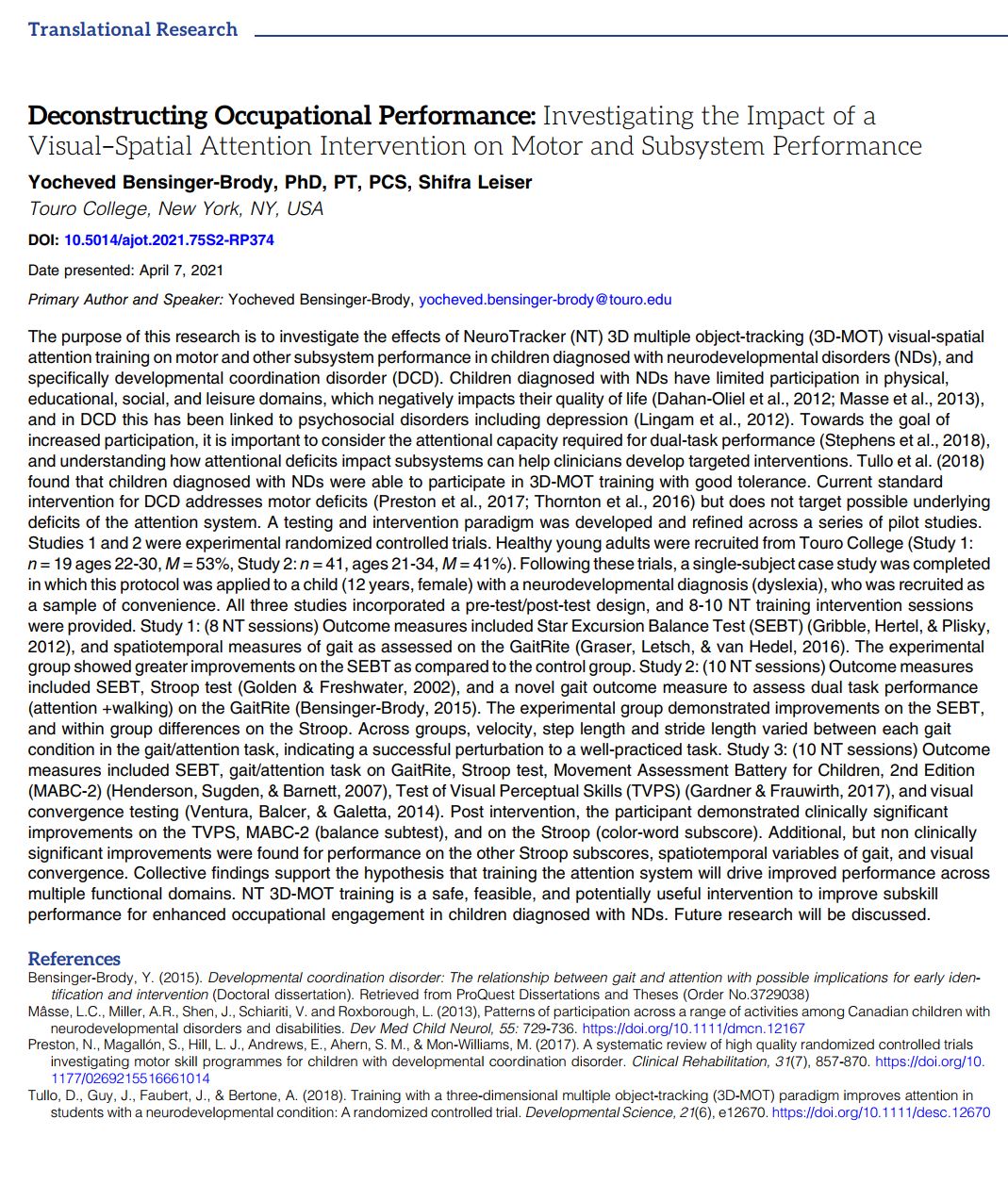Welcome to the Research and Strategy Services at in today's fast-paced.


A new study shows that the summer heat doesn’t just make you feel uncomfortable, it can also impair your cognitive functions. The results showed that even performing simple math can become more difficult.
Previous studies had found that worker productivity is highest at about 72 degrees, but above 80 degrees productivity starts to decline. A recent study also found that workers in typical office buildings, compared to green-certified buildings, experience a dip in cognitive functions. This effect is likely something we’re not so aware of, because of the gradual temperature throughout the day - akin to the idea of boiling a frog.
When it comes to very hot days, even being able to graduate from school can be threatened. A study by the Harvard Environmental Economics Program found that sweltering days is results in generally poorer exam performance.
Carried out in the brutal summer of 2016, which broke two centuries of US heat wave records, researchers of this new study conducted a unique test by putting students in hot and cool dorms during a Boston heat wave.
The weather made it perfect conditions for the investigation, which placed half of the young people in buildings with central AC, where the indoor air temperature averaged 71 degrees. The other half had to sweat it out in dorms on the 6th floor of an old building, and with no AC. In these dorms temperatures averaged 80 degrees.
In total 44 students just under and over 20 years old spent 12 days in the Boston dorms. Each morning the students had to take a series of mental tests on their smartphones. This included the classic inhibition Stroop Test, which involves quickly identifying the colors of words, rather than the words which actually spell out colors. It’s known to be a test of working memory and processing speed. Other tasks incorporated the solving of math problems.
Most other research on heat and wellbeing had been done with the elderly, sick, or very young, as they are much more vulnerable to excessive heat. Headed by Jose Guillermo Cedeño-Laurent, research fellow at Harvard Chan School, this test of endurance represented the first field study on how a heat wave can influence young and healthy individuals.
Memory functions and cognitive speed of processing was worse for the clammy students than that of their chilled counterparts. As Dr. Cedeño-Laurent put it,
"We found that the students who were in the non-air-conditioned buildings actually had slower reaction times: 13 percent lower performance on basic arithmetic tests, and nearly a 10 percent reduction in the number of correct responses per minute."
In ordinary daily life, 10-13% decline in mental functions may not sound like a lot. But when it comes to performing on demand, it can have a significant impact. For example in handling a car in potential accident scenarios, processing speed can be a huge factor in decision-making and stopping time – which is why alcohol consumption is such a risk.
Another factor is the idea of cumulative cognitive function deficits across large percentages of the population. As Dr. Cedeno-Laurent commented,
“By making the findings relatable to any of us, it makes the issue of climate change personal. We on purpose elected this population because it’s normally considered to be resilient to heat exposure, but we found the effects on them...that these are effects that could be seen widely on the general population. The brain is the centre of control for every process in our life.”
In terms of how well a whole country is faring during prolonged heat waves, high temperatures could have significant implications on educational, economic, and productivity outcomes.
From a sports perspective over-heating could also be a significant performance factor. Although physically, athletes may be well conditioned to push through, mentally it could be a different story. Taking into account that football games in the US can take place in hot and humid conditions, as well as the amount of gear they wear during repeated bouts of anaerobic stress, game sense could well take a dive.
Although this would affect both teams, training strategies like NeuroTracker that could build up cognitive resilience to such effects, may provide a pivotal competitive advantage.
The study was published in the journal PLOS Medicine








Welcome to the Research and Strategy Services at in today's fast-paced.

An evidence-based discussion of whether activities like crosswords and Sudoku meaningfully improve brain health, clarifying what they support, what they do not, and why benefits are often misunderstood.

Check out these excellent insights on the role of neuroscience in sports performance.

Learn about your brain's remarkable neuroplasticity.
.png)